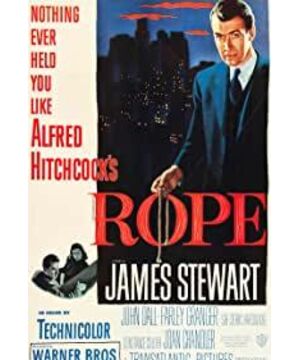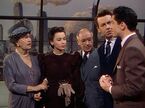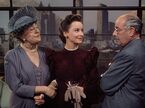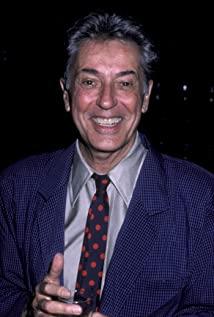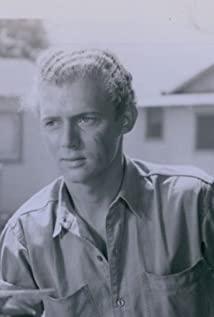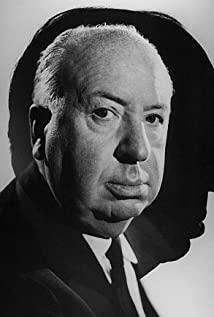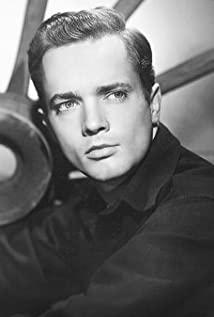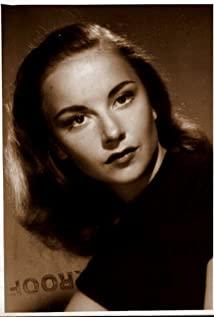Even though we knew about the murder in advance and that the crime would eventually be unmasked, we couldn't help but get nervous as the camera panned. The film is really tense. It is adapted from a play script.
Both criminals have their own faults: Philip is too nervous, Brandon is too complacent, and what he calls the perfect murder isn't perfect at all.
The film is still full of Hitchcock's favorite psychoanalytic elements, and Rupert is like a psychologist detective. First, he instinctively felt that something was wrong in the tense atmosphere between the two. Similarly, in the film, the repeated appearance of the rope and Philip's violent reaction to killing the chicken all show Philip's step-by-step collapse. Also, with the film, we traced the character of Brandon step by step; he is arrogant and loves to express himself; so confident in his own strength, so fascinated by Rupert's "fallacy", he even decides to put it into practice. We know from Rupert's mouth that his favorite story as a child was a story of a bride locked in a box and dying, which may have been the deepest motive behind his decision to hide David in the box. But in the end, the clumsy plan of the two was exposed, and Brandon was actually not much smarter than the others. This ending, in my opinion, finally made his previous complacence even more stupid.
But I don't understand Rupert very well. He scolded Brandon mercilessly, but I think his set of crooked reasoning is one of the direct reasons that led Brandon astray. In addition, what about high people, low people, murder weeks, Even if it's just a joke, I don't think it's very clever. If he really agrees with his theory, then he should reflect on his responsibility for what Brandon has done; if he doesn't really agree with this fallacy, then he's just a boring, duplicitous one.
View more about Rope reviews


